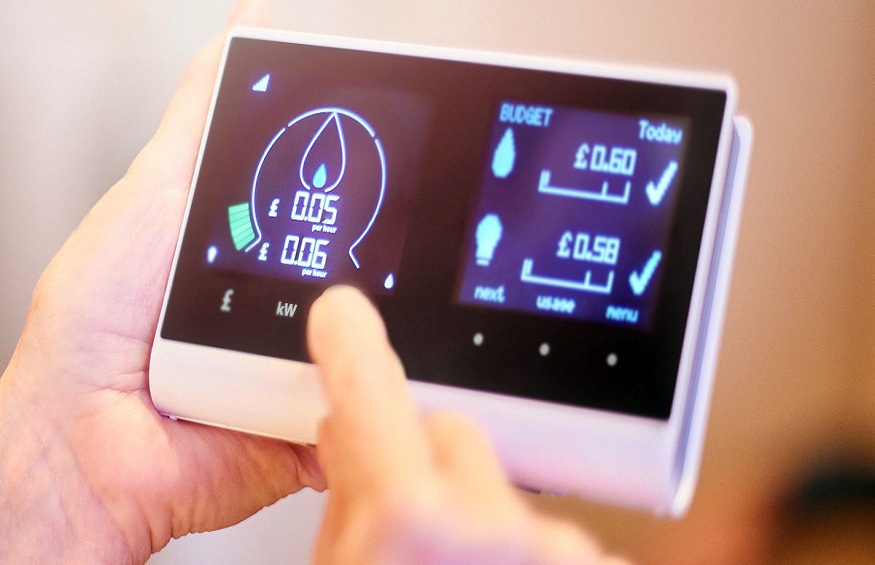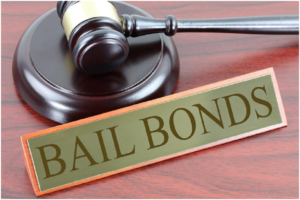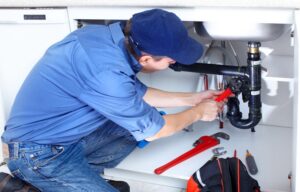Essential Features to Look for When Buying a Smart Meter
3 min read
When it comes to outfitting your home or business with a smart meter, there are many features to consider. From energy use monitoring to data transmission, it’s important to understand which features are the most important when it comes to selecting the ideal smart meter for your needs. It’s also important to consider the cost of the meter, as well as any subscription fees associated with the meter, to get an accurate assessment of the total cost of ownership.
Compatible with Home Network
As smart meters are designed to connect to your home network, it’s essential to ensure that your meter is compatible with your current system. From WiFi to ZigBee, it’s important to make sure the meter is capable of connecting with your home network for proper data transmission. Additionally, check if your meter also supports other protocols such as Bluetooth, Z-Wave, or LoRaWAN.
Ability to Monitor Energy Use
A smart meter should provide detailed energy monitoring of your home or business. From daily energy use to long-term trends, the meter should provide you with all the data you need to make informed decisions about your energy use. Look for meters that integrate with energy management systems so you can access data in real time and make quicker decisions about energy use. Additionally, check if the meter can track energy use from multiple sources, such as solar panels or wind turbines, for a more comprehensive view of your energy consumption. When in doubt, you can discuss with Business Energy Comparison and get your queries resolved.
Ability to Connect with Other Devices
When searching for a smart meter, make sure to check that it is capable of connecting with other devices. This will help you create a comprehensive energy management system, allowing you to effectively leverage the data your meter collects to make informed energy decisions. Additionally, it is wise to see if the meter can be seamlessly integrated with other home automation systems, such as voice assistants, for improved control over your energy use. Furthermore, you may want to look into how user-friendly the meter is, to ensure you can easily access and understand the data it provides.
Remote Data Access
When selecting a smart meter, make sure it provides remote data access. This will allow you to view your meter data from any internet-connected device, making it easier to monitor and manage your energy use. Additionally, look for meters that provide multiple user access so you can share data with multiple stakeholders and make better energy management decisions. Additionally, check if the meter supports data exporting, so you can easily share data with third parties, such as energy providers or service providers.
Security Features
As smart meters collect sensitive data, it’s important to ensure yours has the necessary security features in place. Look for meters that encrypt data and provide secure access to limit the risk of data breaches. Additionally, look for meters that provide two-factor authentication for an extra layer of security.
Cost
Finally, you should consider the cost of the meter. Smart meters vary in price and features, so make sure you select one that meets your needs and fits within your budget. Additionally, check for any subscription fees associated with the meter so you can get an accurate assessment of the total cost of ownership.
Conclusion
When selecting a smart meter, there are many features to consider. From data transmission to energy use monitoring, make sure you choose one that meets your needs and fits within your budget. With the right meter in place, you can make smarter energy decisions, save money in the long run, and ensure the safety and security of your data.






